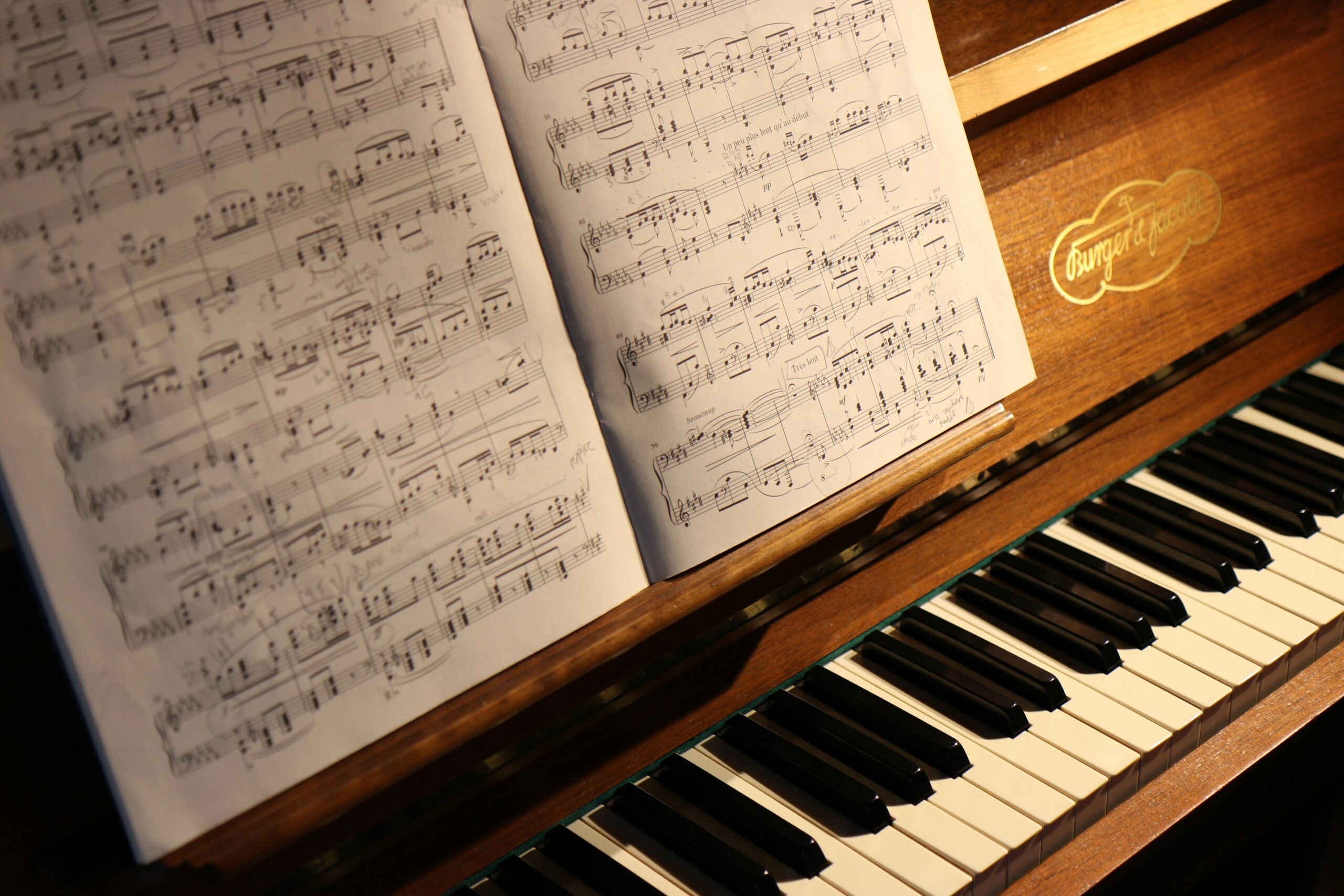Classical music, with its rich tapestry of melodies, harmonies, and intricate compositions, has transcended the boundaries of time and continues to captivate audiences across the globe. Its profound impact extends beyond human listeners, reaching even the animal kingdom. In this article, we explore the multifaceted effects of classical music on both humans and animals, delving into the psychological, physiological, and behavioral aspects that make it a timeless and universal form of art.
Psychological Impact on Humans:
- Emotional Resonance: Classical music has the remarkable ability to evoke a wide range of emotions. From the triumphant crescendos of Beethoven’s symphonies to the delicate nuances of Mozart’s piano sonatas, these compositions can induce feelings of joy, sorrow, nostalgia, and contemplation. The emotional depth embedded in classical music has the power to connect with the listener on a profound level, providing a unique and often cathartic experience.
- Stress Reduction and Relaxation: Numerous studies have demonstrated the therapeutic effects of classical music on stress reduction and relaxation. The slow tempos and harmonious melodies inherent in many classical pieces can lower cortisol levels and induce a sense of calm. Whether it’s the soothing sounds of Debussy’s “Clair de Lune” or the gentle grace of Vivaldi’s “Spring,” classical music has the potential to alleviate stress and promote mental well-being.
- Enhanced Cognitive Function: Classical music has been linked to improvements in cognitive function, including enhanced memory, concentration, and problem-solving skills. The intricate structures and patterns found in classical compositions stimulate the brain, fostering neuroplasticity and potentially boosting cognitive abilities. This has led to the integration of classical music in educational settings and cognitive rehabilitation programs.
Physiological Effects on Humans:
- Heart Rate and Blood Pressure: Research suggests that listening to classical music can have a positive impact on cardiovascular health. Certain compositions, especially those with a slow tempo, can lead to a decrease in heart rate and blood pressure. This physiological response contributes to the overall well-being of individuals and underscores the holistic benefits of engaging with classical music.
- Pain Management: Classical music has been explored as an adjunctive therapy in pain management. Studies indicate that patients listening to classical music reported reduced perception of pain and required lower doses of pain medication post-surgery. This highlights the potential of music, particularly classical genres, as a non-pharmacological approach to pain relief.
Influence on Animals:
- Calmness and Reduced Anxiety: Classical music has been found to have a calming effect on various animal species. In settings such as animal shelters, veterinary clinics, or even on farms, playing classical music has been shown to reduce stress and anxiety in animals. The soothing melodies can create a more serene environment, contributing to the well-being of animals in these spaces.
- Improved Milk Production in Cows: Surprisingly, classical music has demonstrated positive effects on dairy cows. Studies have shown that cows exposed to classical music produce more milk compared to those in a silent environment. The stress-relieving properties of the music are believed to contribute to improved milk production, emphasizing the far-reaching impact of classical compositions.
Conclusion:
Classical music stands as a timeless art form that transcends cultural and species boundaries, exerting a profound influence on both humans and animals. Its ability to evoke emotions, promote relaxation, and even impact physiological responses underscores the universal appeal of this genre. As we continue to explore the intersection of music and well-being, classical compositions remain a powerful and enduring force that enriches the lives of those who lend their ears to its symphonic wonders.
